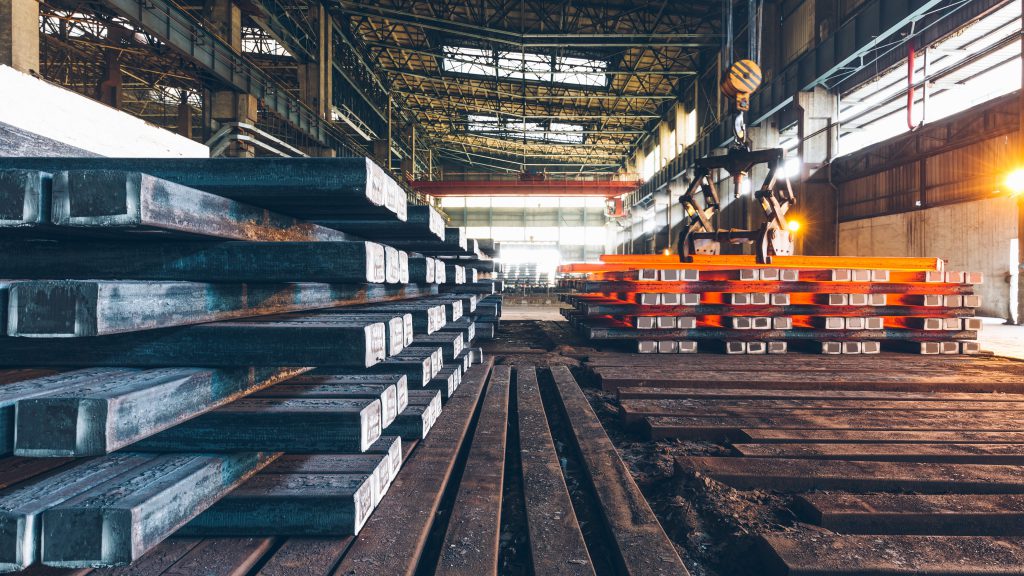Iron ore futures prices slid and headedfor a weekly loss on Friday, as the wave of restocking for seaborne cargoes from steelmakers in top consumer China receded and high portside stocks as well as falling steel margins weighed.
The most-traded January iron ore contract on China’s Dalian Commodity Exchange (DCE) ended daytime trading 0.93%lower at 797.5 yuan ($109.90) a metric ton, representing a weekly fall of 0.5%.
The benchmark January iron ore on the Singapore Exchange was 0.29% lower at $103.7 a ton, as of 0831 GMT, a decline of 0.9%so far this week.
Average daily hot metal output slid for a third straight week by 0.5% week-on-week to 2.33 million tons in the week of Dec. 6, 1.4% higher than the same period in 2023, data from consultancy Mysteel showed.
The market is now closely monitoring China’s Central Economic Work Conference to be held this month, on a yet-to-be-announced date, with top leaders setting economic growth targets and planning next year’s agenda.
However, expectations for more fiscal stimulus to be unveiled at the meeting diminished after state media said a pace of less than 5% for the economy was acceptable and there was no need for the “worship of speed”.
“That has been interpreted by the market as a signal that the likelihood of aggressive stimulus anytime soon is low,” said Pei Hao, analyst at international brokerage Freight Investor Services.
“And concerns over iron ore and steel demand outlook next year mounted as a result, weighing down prices.”
Investors and traders had expected Beijing to unveil more stimulus to spur its sputtering economy.
Other steelmaking ingredients on the DCE lost ground, with coking coal and coke down 1.68% and 1.2%, respectively.
Most steel benchmarks on the Shanghai Futures Exchange retreated. Rebar shed 1.36%, hot-rolled coil declined 0.97%, stainless steel SHSScv1 lost 0.58%, while wire rod SWRcv1 added 0.14%.
Source: Reuters (Reporting by Amy Lv and Colleen Howe; Editing by Eileen Soreng and Pooja Desai)





